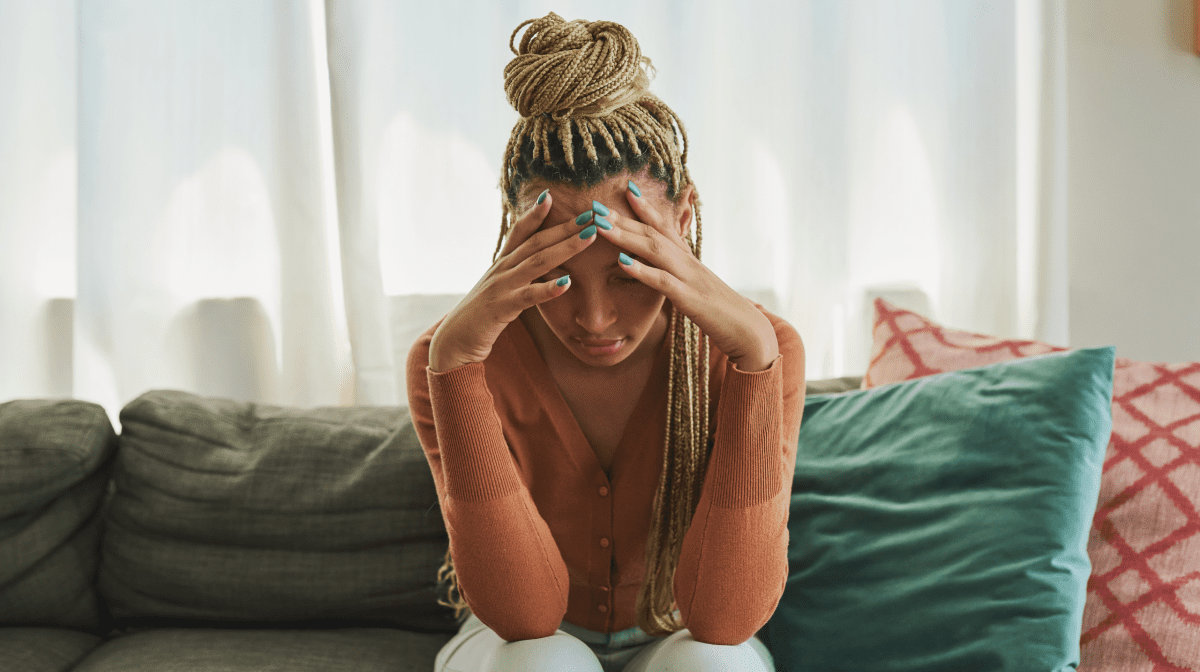Losing a loved one is possibly one of the most stressful things one can go through. Grief impacts everyone differently and can go beyond emotions, affecting us physically in unexpected ways, even affecting our gut health.
How does grief impact your digestive system?
During times of grief some people find their appetite is affected. Some may feel like they don’t want to eat or that they’re not hungry, whilst some may eat more than usual, finding comfort in food. This disruption in eating habits can lead to temporary digestive issues such as constipation, diarrhoea, bloating and stomach pain. This is completely normal and often a side effect of grief and stress so be easy on yourself, it’s a difficult time and self-care can often seem like the last thing on your mind. If you don’t feel like cooking, try balanced ready meals or simple recipes that take little time, relieving the stress of preparing a meal. If you don’t feel like eating, try to ease yourself in with smaller portions or introducing snacks such as fruit and nuts to help keep your energy levels up. What you eat is one of the most important influences on your gut health as your gut microbiome is reliant on what we feed it. Therefore, it is really important to gradually find your way back to a routine with eating.
Learn more about digestive health issues and how to tackle themHow does grief impact your immune system?
Research has shown that stress and grief are linked to increased levels of inflammation in the body and can impact on your immune health, making you more susceptible to viruses and infections. With 70% of your immune system being in your gut, it’s even more important to maintain good gut health even at times of grief.
Exercise has been shown to reduce stress and therefore inflammation, along with more calming activities such as meditation or yoga. It can be hard to set aside the time to take these moments for yourself or to find the energy whilst grieving, but setting aside even 15 minutes a day will ultimately help you feel more yourself and hopefully support your immune health during this stressful time.
Learn more about how the immune system fights bacteriaWhat can you do to help cope with grief?
Grief is a process and impacts everyone differently, so its important to find something that works for you. Some things you could try are:
- Getting support – speak to your friends, family or a bereavement councillor. Talking through your grief with someone who understands can help you move through your grief
- Find ways to remember the person – look through photos, write down memories or create an area you can go to remember them, it’s nice to think about the positive times you had together
- Looking after yourself – whether that is doing some exercise, listening to music or getting out in nature, taking time to look after yourself is important for your mind and body
- Give yourself time – you need to allow yourself the time to work through your grief, it will not be instant, but it will gradually be more manageable, so hang in there
Whatever type of loss you’ve suffered, there’s no right or wrong way to grieve, but should you start to feel overwhelmed or not yourself after an extended period of time, reach out to your GP for further support.
Take Control Of Your Stress

Everyday Stress and The Immune System: Taking Control
Discover how stress and the immune system are linked in our latest blog.

Stress Triggers and Remedies
We talk through the causes of stress and how to reduce stress in our latest blog.
Related Articles








